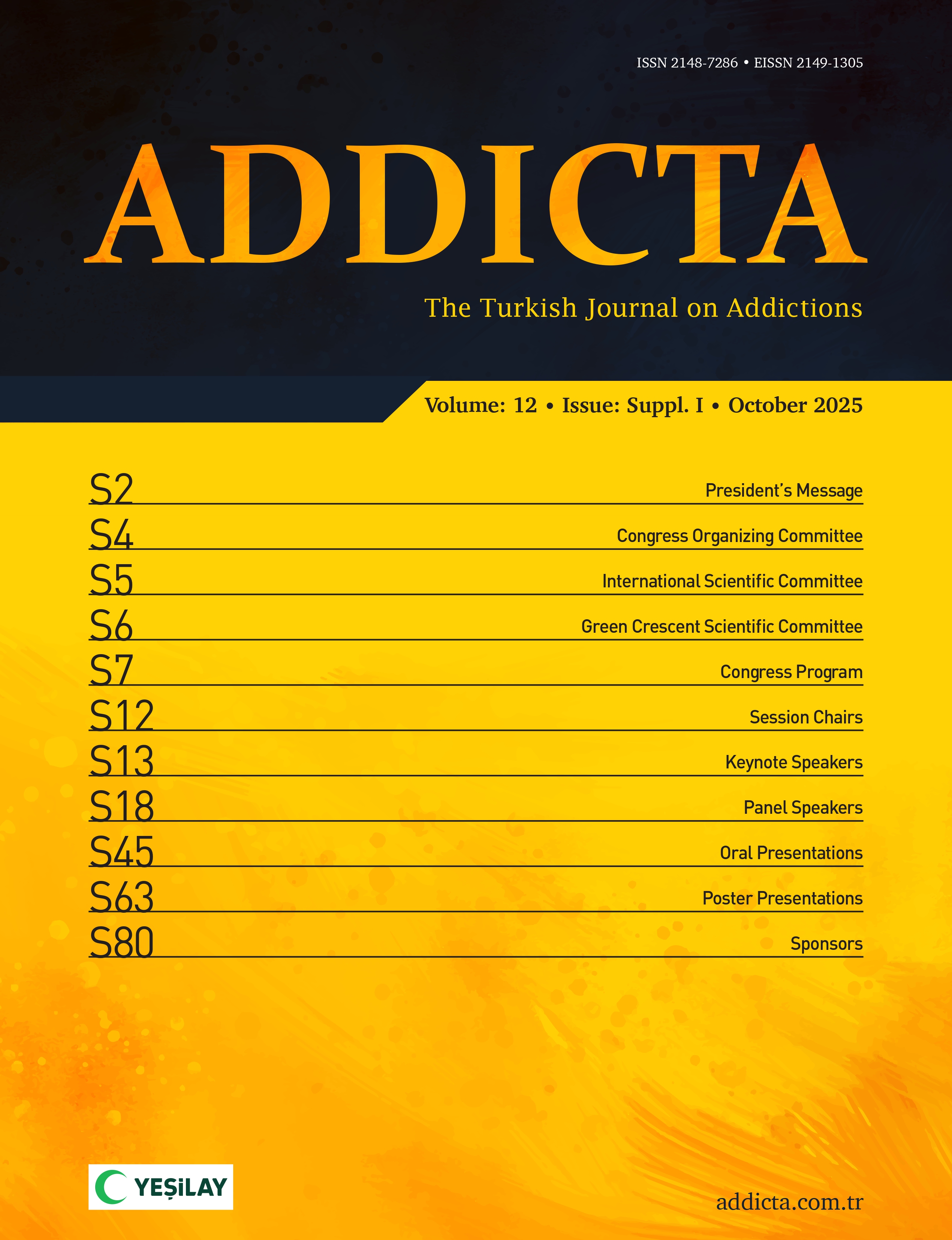There is a substantial body of research on how anti-smoking advertisements are perceived by smokers and which types of messages are most effective. However, these studies have not reached a consensus, producing diverse and sometimes contradictory findings. This study aims to explore how different types of messages in anti-smoking advertisements influence smokers and whether these advertisements prompt behavioral changes toward quitting smoking. To achieve this, a study was conducted with 40 smokers using neuromarketing methods, including eye tracking, face coding, andelectroencephalography. Participants were exposed to two advertisements: one with a positive message frame emphasizing the benefits of quitting smoking and another with a negative message frame highlighting the consequences of not quitting. The findings reveal that advertisements with positive messaging attract greater attention, are more memorable, and are more effective in encouraging smoking cessation. Additionally, it was observed that individuals with higher levels of smoking addiction tend to retain positive messages more effectively and are more likely to avoid negative messages. Therefore, the study concludes that anti-smoking advertisements should emphasize positive messaging to achieve greater effectiveness.
Cite this article as: Uyar, A. (2025). Smokers’ reactions to anti-smoking advertisements: A preliminary neuromarketing study. Addicta: The Turkish Journal on Addictions, 12(3), 267-277.

.png)

.png)
.png)
